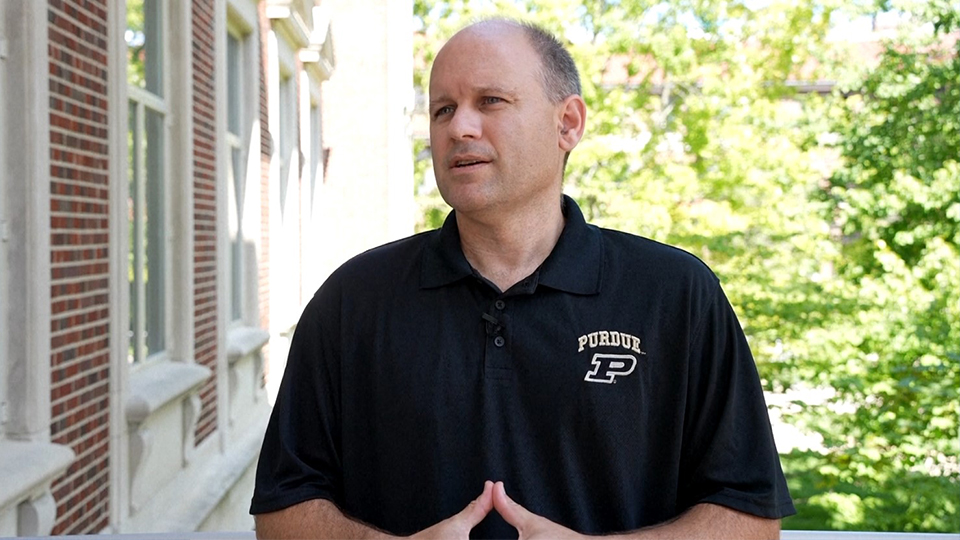Purdue prof: Debris removal from Maui wildfire will take months
Subscriber Benefit
As a subscriber you can listen to articles at work, in the car, or while you work out. Subscribe Now
A professor of civil, environmental and ecological engineering at Purdue University says it will be several months before the debris from last week’s deadly wildfire in Maui can be cleared out.
Andrew Whelton, who is leading research on addressing drinking water contamination from wildfires, adds that based on previous fires such as those in California in 2018 and Colorado in 2021, the fire in Maui has left soil, water and air contaminated.
“When wildfires enter communities like they did in Maui, they destroy buildings, vehicles, boats, and other infrastructure materials that release all sorts of toxic chemicals into the air [and] in the soil.”
Whelton talked about what the recovery process could be like in an interview posted by the Associated Press.
“We know beyond a reasonable doubt that the soil is now contaminated. The water is contaminated where the harbor is, as well as the air is contaminated,” he said. “So, we know that based on prior fires that happened, and then simply by seeing what happened, we know that’s to be true.”
The death toll from the fire in Maui has risen to more than 100, and search and rescue operations are ongoing. Whelton said once that is completed, officials will begin dealing with the debris caused by the massive blaze.
“They’re going to physically cordon it off to prevent it from flowing into the ocean or waterways, into the streets,” he said. “But they’re also going to then start removing it physically, putting it in dump trucks and possibly barges and ships and taking it off the island. The debris removal is going to take months.”
Whelton noted that after the Marshall Fire in Colorado, crews moved 300,000 tons of debris over a four-month period, but that effort didn’t start until month four of the recovery.
“That debris is going to be there for a long time, and people need to be prepared for that,” he said.
Whelton said those affected by the Maui fire need to focus on stabilizing themselves and their families and know that while it will take time, recovery will be possible.
“After disasters like the Camp Fire in Butte County, California, we saw the town of Paradise basically get destroyed. They have rebuilt five years later. Now, it’s 20% of the houses that used to be there, but they have plans to continue to rebuild. So there is hope, and there is a future for the community [in Maui].”
Whelton and a team of students have traveled to numerous wildfire sites to collect water samples with the goal of providing communities with the best ways to restore their water systems.
Purdue says the research is expected to lead to the first national recommendations on the roles and responsibilities of utilities and federal and state agencies for addressing drinking water contamination caused by wildfires.
Those recommendations are expected to be published later this year by Whelton as a “concept of operations plan.” The research is being funded by the Water Research Foundation.
